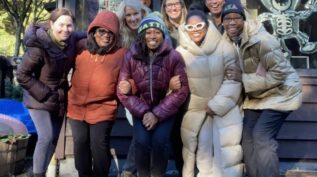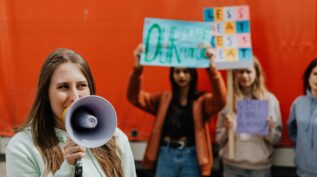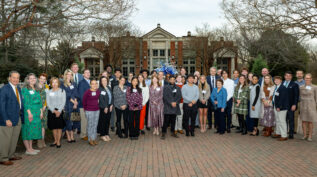November 2025: Network News
Posted on November 19, 2025
NCFP strives to connect its members to resources, best practices, and to peer funders. Network News highlights updates from our members and partners, showcasing accomplishments, new approaches or giving areas, innovative ideas, and staff and board transitions, and more. We encourage our members and parters to email us with news that you would like to be shared. Crankstart Helps Cover… Read More




